Proteins are essential in the growth and development of our bodies. Fruits are rich in protein and are important for a healthy diet. If you don’t know which fruits have the most protein and you want to add them into your diet, take a look at this ranking and make a note of the fruits rich in protein.
Fruit rich in protein
Coconut, avocado and pomegranate are at the top of the fruit protein table. Consuming fruits rich in protein with help maintain correct sugar levels in the blood, you will have more energy and it will enhance your immune system.
Even though, consuming fruits high in protein is good for our bodies, eating too much protein can also have negative side effects. We recommend that you use this food protein calculator and find out the exact quantity you should consume to have a protein balanced diet.
Finally, and if you want to create a complete balanced diet, don’t forget to use the food calorie calculator to monitor your daily calorie intake.

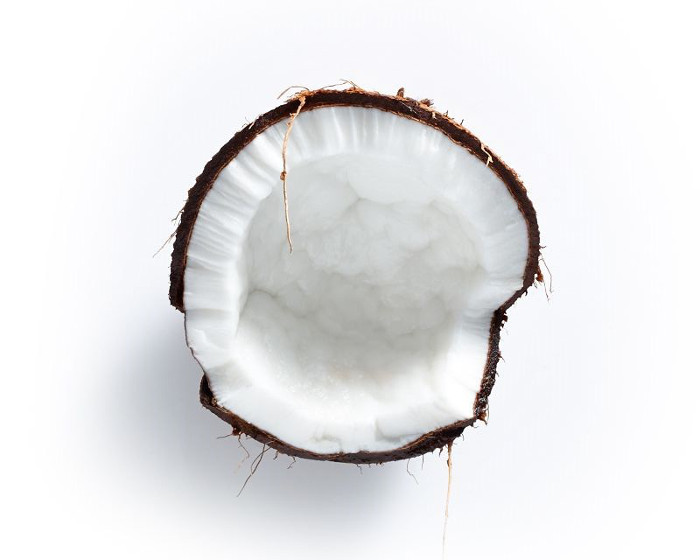
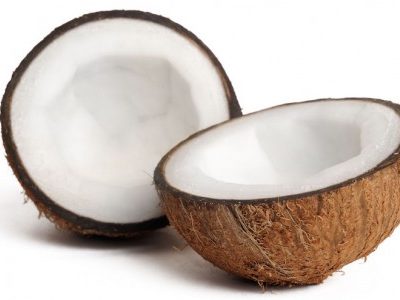
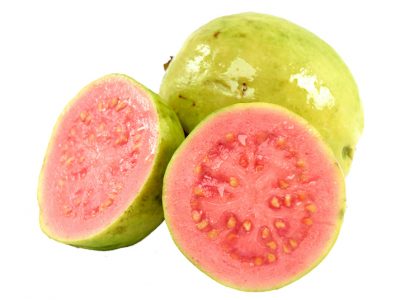
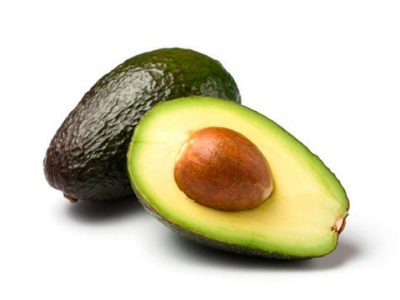
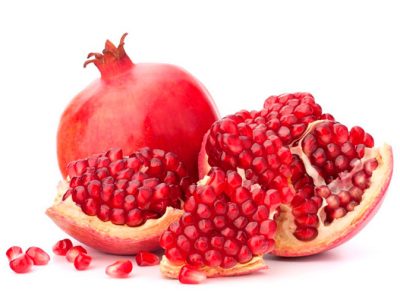

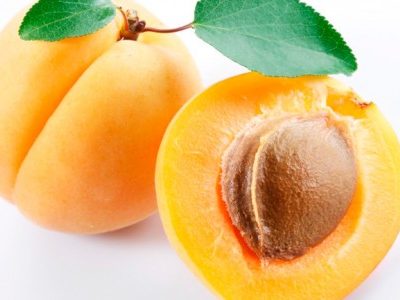
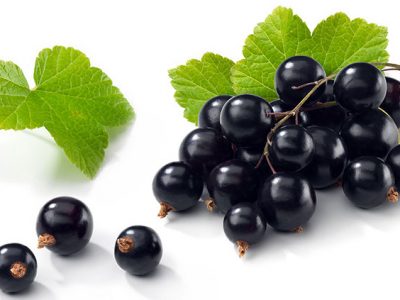
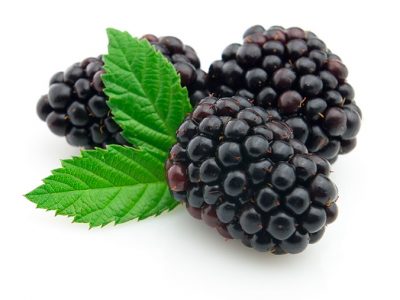
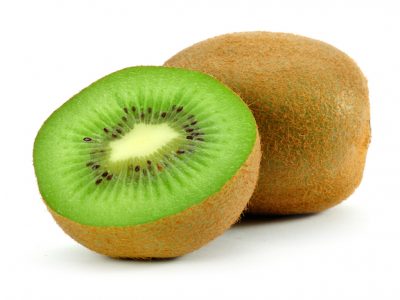
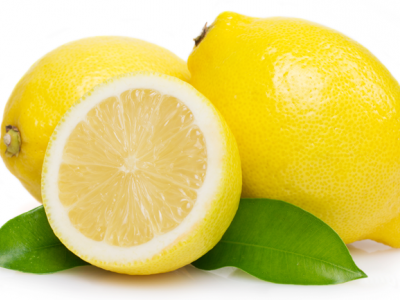
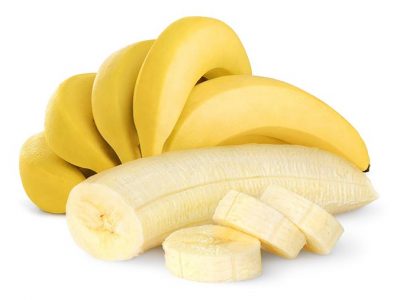
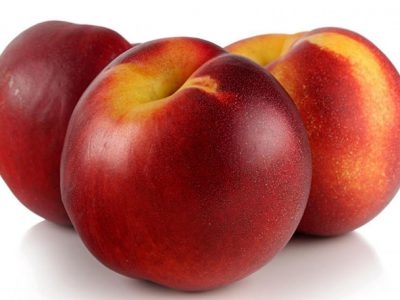
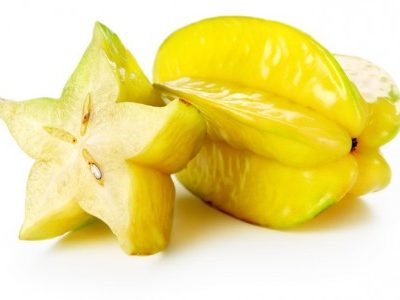

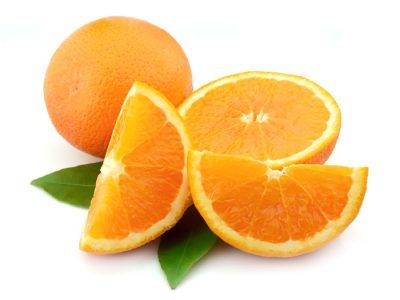
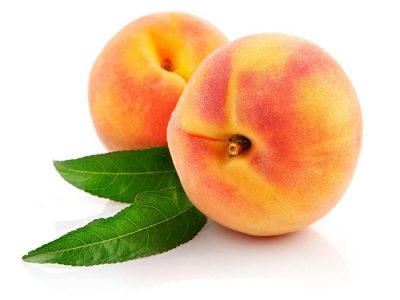
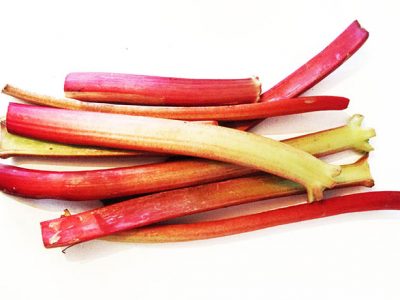
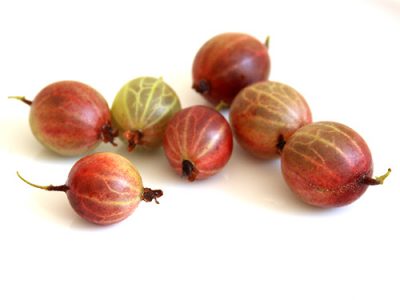
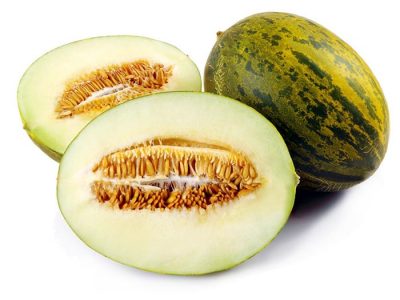
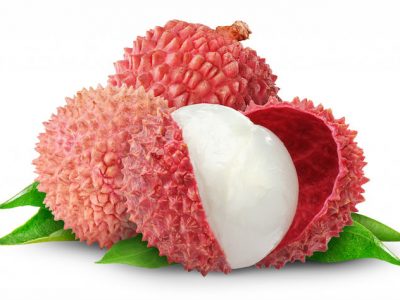
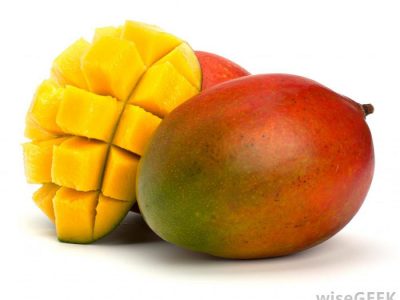

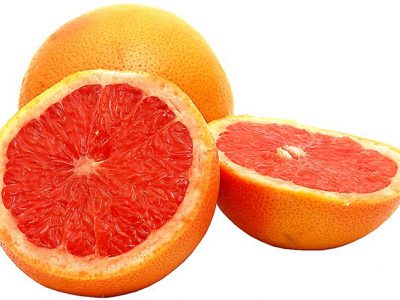
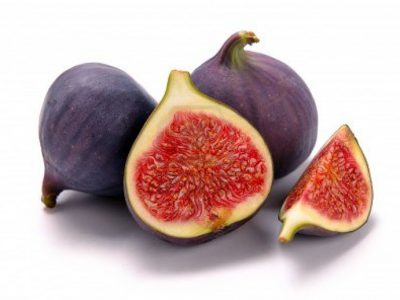
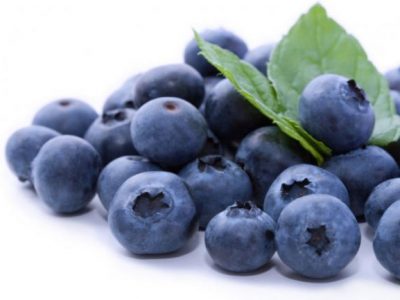
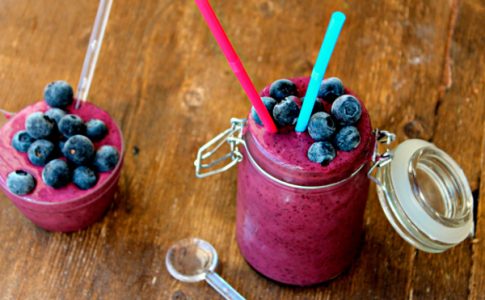
No comments